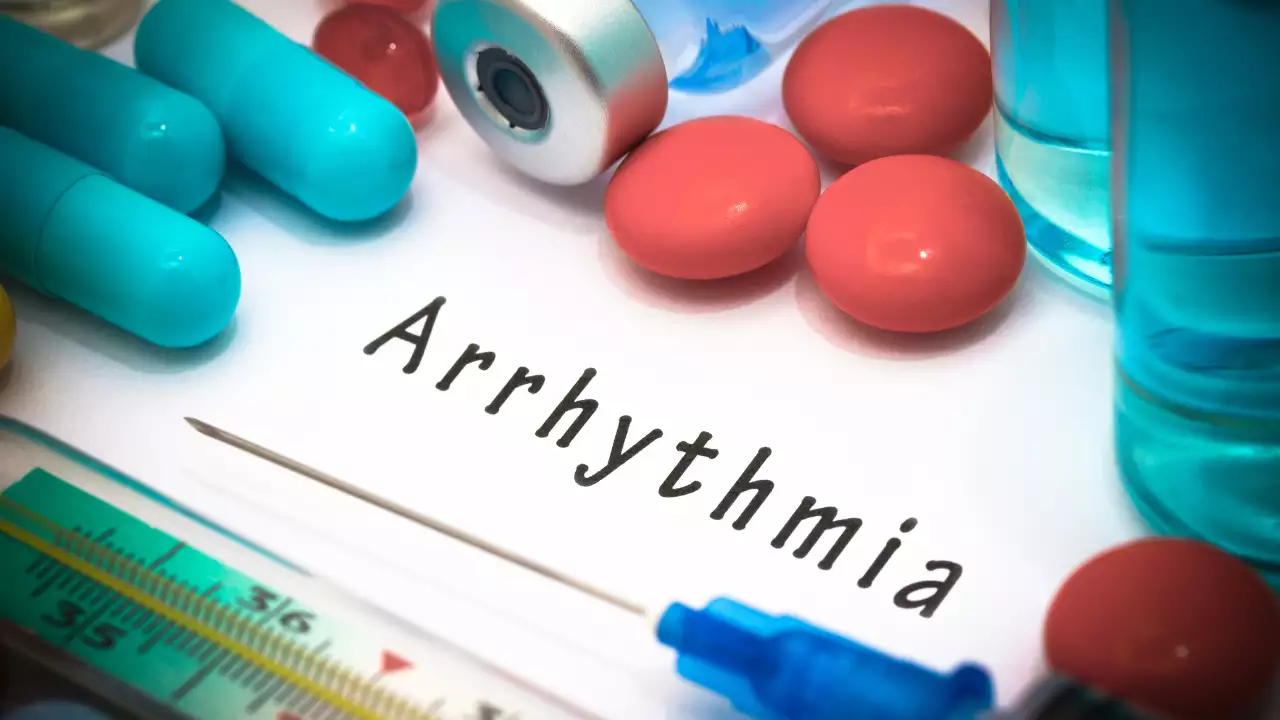Have you ever felt like your heart skipped a beat, or was racing or beating too slowly? It is also possible that you don’t notice anything at all. All these signs signal an abnormal heart rhythm, also referred to as arrhythmia, where your heart might beat too fast, too slow, or in an irregular pattern even when you are at rest. These variations can range from being harmless to potentially serious, sometimes presenting symptoms and at other times remaining symptom-free.
Irregular heartbeats can signal different types of arrhythmias, with atrial fibrillation (AFib) being the most common among them. So, we speak with an expert to delve into cardiac surgery for arrhythmias, how it works, and what to expect.
Cardiac Ablation
Cardiac ablation is a procedure that employs energy to create tiny scars in your heart tissue. "These scars prevent abnormal electrical signals from passing through your heart, resulting in a more regular heartbeat. Cardiac ablation is often used to treat atrial fibrillation (AFib), and when it is done specifically for AFib, the procedure is often referred to as AFib ablation," Dr Khushwant Popli, Senior Consultant and HOD of Cardiothoracic and Vascular Surgery (CTVS), Aakash Healthcare, New Delhi, explains.
Before recommending cardiac ablation, your doctor may suggest other treatments such as medications or resetting your heartbeat through a process called cardioversion. If these treatments do not help, your doctor may recommend ablation.
"To determine if you are a candidate for cardiac ablation, your doctor may first perform an EP (Electrophysiology) study, which involves mapping the electrical activity of your heart. This study helps pinpoint the exact areas where abnormal electrical signals originate, allowing the doctor to plan the ablation more accurately," he says.
According to Dr Popli, the effectiveness of your cardiac ablation will depend on various factors, including the cause of your abnormal heartbeat. "Some facilities report success rates of 90 per cent or more, but there is still a possibility that a second treatment may be necessary to resolve the issue. Even if the procedure is successful, you may still require medication to maintain a regular heart rhythm," he adds.
Maze Procedure
The maze procedure involves making microscopic incisions in the upper part of the heart to create a scar tissue pattern, known as a maze. "This maze blocks the transmission of abnormal cardiac impulses, which can help prevent the rapid heartbeats associated with some arrhythmias, especially AFib," Dr Popli explains, adding that this technique is typically used if other therapies fail or if the patient is already undergoing open-heart surgery.
In some cases, it may also be performed after an EP study to better understand the electrical pathways causing the arrhythmia.
Coronary Bypass Grafting Procedure
If you have significant coronary artery disease and an irregular heart rhythm, you may require coronary bypass grafting (CABG). "This surgery creates a new route for blood to flow around a blocked or partially obstructed coronary artery, helping to restore proper blood flow to the heart. In cases where arrhythmias occur alongside coronary artery disease, your surgeon may decide to treat both conditions in one operation," the expert says.
What to Expect, According to Dr Popli
Most patients report an improvement in their quality of life following cardiac ablation. However, there is a possibility that the abnormal heartbeat could recur. If this happens, the treatment may be repeated, or your doctor may suggest alternative therapies. Depending on the nature of your irregular heartbeat, you might still need to take heart medications after a cardiac ablation.
If you have had AFib for a long time, additional therapy may be required to maintain a normal heart rhythm. You may also need medication to regulate your heart rhythm for several months following treatment.
Patients who undergo the maze procedure often experience long-term relief from arrhythmia-related issues.
Many do not require post-treatment cardiac rhythm medications, improving their overall quality of life.
In addition to treatment, your doctor may recommend lifestyle changes to help keep your heart healthy. This may include eating a balanced diet with less salt and alcohol, quitting smoking, maintaining a healthy weight, engaging in physical exercise, and managing stress and strong emotions.
Get Latest News Live on Times Now along with Breaking News and Top Headlines from Health and around the world.


